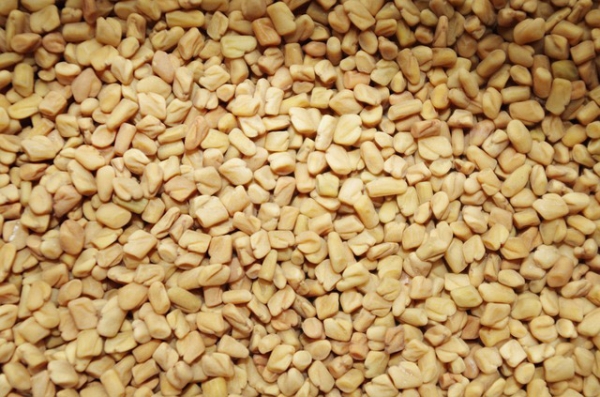Fenugreek Essential Oil
Trigonella foenum – graecum is native to India, the Mediterranean, and southern Europe.
Can be used by diffusing and inhaling its steam. Can be diluted and added to carrier oils to apply to skin or drink internally.
Known Uses
Fenugreek essential oil has antiviral, anticarcinogenic, and antioxidantal properties.
Fenugreek oil is beneficial for diabetics by lowering blood sugar/glucose levels. It also stimulates the pancreas and improves the health of beta cells. It also stimulates insulin production, helps blood circulation and alleviates hypertension.
Fenugreek oil is useful as an expectorant, reducing excess mucous in the throat and lungs.
It is a phytoestrogen and also increases lactation in nursing mothers.
When combined with a carrier oil (like jojoba), fenugreek oil is effective in eliminating acne. Combined with olive oils, it can be used to relieve dry, irritated and inflamed skin and even itching from hives.
Fenugreek oil is beneficial in weight management. It helps to suppress appetite and increases metabolism.
History
Fenugreek is one of the oldest cultivated medicinal plants. It was used in Ancient Egypt for burns, in mummification, and to induce labor. It was used in classical times to feed livestock and that's where it gets its name which means "Greek hay". It was also used to treat fevers, infections, respiratory ailments, and intestinal problems. It is mentioned in the 1st century writings of Josephus as well.
Warning
Not to be used while pregnant. Should not applied directly or undiluted either topically or orally. Consult a doctor before taking fenugreek oil as a supplement, especially in combination with other medications like those for diabetes. May cause allergic reaction to those allergic to other foods in the Fabaceae family, like soybeans, peanuts, and green peas. May cause a maple syrup like odor.
